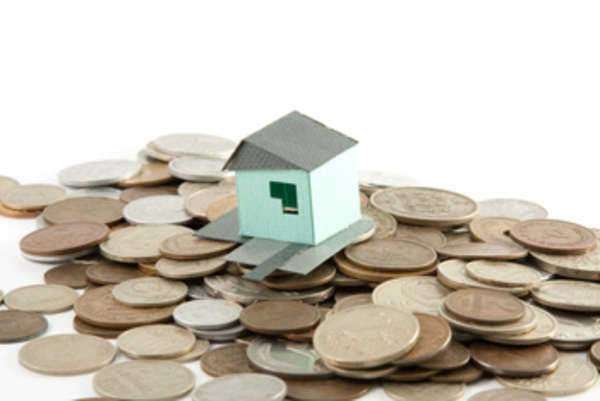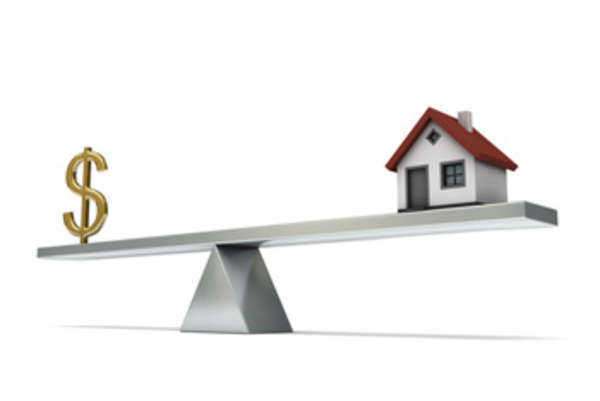Shocking Changes Ahead: Essential Updates to Zoning Regulations Unveiled
In a groundbreaking move that promises to reshape urban landscapes across the nation, local governments have unveiled essential updates to zoning regulations. These changes, aimed at addressing the evolving needs of communities and the pressing challenges of urbanization, have sparked discussions among property owners, urban planners, and environmental advocates alike. As cities grapple with population growth, housing shortages, and sustainability goals, understanding the implications of these new zoning laws is crucial for all stakeholders involved.
Understanding the Implications of New Zoning Regulations on Urban Development
The recent updates to zoning regulations are poised to have far-reaching implications for urban development. By revising land-use classifications, municipalities aim to facilitate mixed-use developments, increase housing density, and promote affordable housing initiatives. These changes are designed to encourage more efficient land use, reduce urban sprawl, and enhance the vibrancy of neighborhoods. However, the implications extend beyond mere construction; they also encompass social equity, as the new regulations seek to create inclusive communities that cater to diverse populations. As cities implement these updates, the challenge will be to balance growth with the preservation of community character and environmental sustainability.
Key Changes in Zoning Laws: What Property Owners Need to Know Now
Property owners must familiarize themselves with several key changes in the updated zoning laws to navigate the evolving landscape effectively. Notable revisions include the relaxation of restrictions on accessory dwelling units (ADUs), which now allow homeowners to create additional rental units on their properties. Furthermore, the introduction of form-based codes emphasizes the physical form of buildings rather than their specific uses, promoting architectural diversity and pedestrian-friendly environments. Additionally, the updated regulations may include increased height allowances for residential buildings and streamlined approval processes for developers. Property owners should review their local zoning ordinances to understand how these changes may affect their properties and potential development plans.
The Role of Community Input in Shaping Updated Zoning Regulations
Community engagement has played a pivotal role in shaping the updated zoning regulations, reflecting a growing recognition of the importance of public input in urban planning. Local governments have conducted workshops, surveys, and public hearings to gather feedback from residents, business owners, and advocacy groups. This collaborative approach aims to ensure that the new regulations align with the needs and desires of the community. By incorporating diverse perspectives, municipalities hope to foster a sense of ownership among residents and create zoning policies that are not only effective but also widely accepted. As these regulations are implemented, ongoing dialogue between city officials and community members will be essential to address any concerns and adapt to changing circumstances.
Analyzing the Environmental Impact of Revised Zoning Policies
The revised zoning policies also place a significant emphasis on environmental sustainability, aiming to mitigate the ecological impact of urban development. By promoting higher-density housing and mixed-use developments, the new regulations are expected to reduce reliance on automobiles, thereby lowering greenhouse gas emissions and traffic congestion. Additionally, the incorporation of green spaces and the preservation of natural habitats are prioritized in the updated zoning framework. Local governments are encouraged to adopt practices such as low-impact development and sustainable landscaping to enhance urban resilience against climate change. As cities implement these policies, monitoring their environmental impact will be crucial to ensure that urban growth aligns with sustainability goals.
Future Urban Planning: How New Zoning Regulations Will Reshape Cities
The updated zoning regulations signal a transformative shift in urban planning, with the potential to reshape cities for generations to come. By fostering mixed-use developments and prioritizing walkability, municipalities aim to create vibrant, interconnected communities that enhance the quality of life for residents. The emphasis on affordable housing and diverse land uses is expected to attract a broader demographic, fostering economic growth and social cohesion. As cities adapt to these new zoning laws, the challenge will be to maintain a balance between development and the preservation of cultural heritage. The future of urban planning lies in the ability to create spaces that are not only functional but also reflective of the unique character and identity of each community.
Preparing for the Transition: Steps for Compliance with Updated Zoning Laws
As municipalities move forward with the implementation of updated zoning laws, property owners and developers must take proactive steps to ensure compliance. First, it is essential to conduct a thorough review of the new regulations and assess how they impact existing properties and planned developments. Engaging with local planning departments can provide clarity on specific requirements and timelines for compliance. Additionally, property owners should consider consulting with urban planners or legal experts to navigate the complexities of the new zoning landscape. Staying informed about public meetings and community discussions will also be crucial for adapting to ongoing changes. By taking these steps, stakeholders can effectively transition into a new era of urban development that aligns with updated zoning regulations.
In conclusion, the unveiling of essential updates to zoning regulations marks a significant turning point in urban development. As cities strive to accommodate growth while prioritizing sustainability and community engagement, understanding these changes is vital for property owners, urban planners, and residents alike. By embracing the opportunities presented by these new regulations and actively participating in the planning process, stakeholders can contribute to the creation of vibrant, inclusive, and resilient urban environments that meet the needs of current and future generations.


















